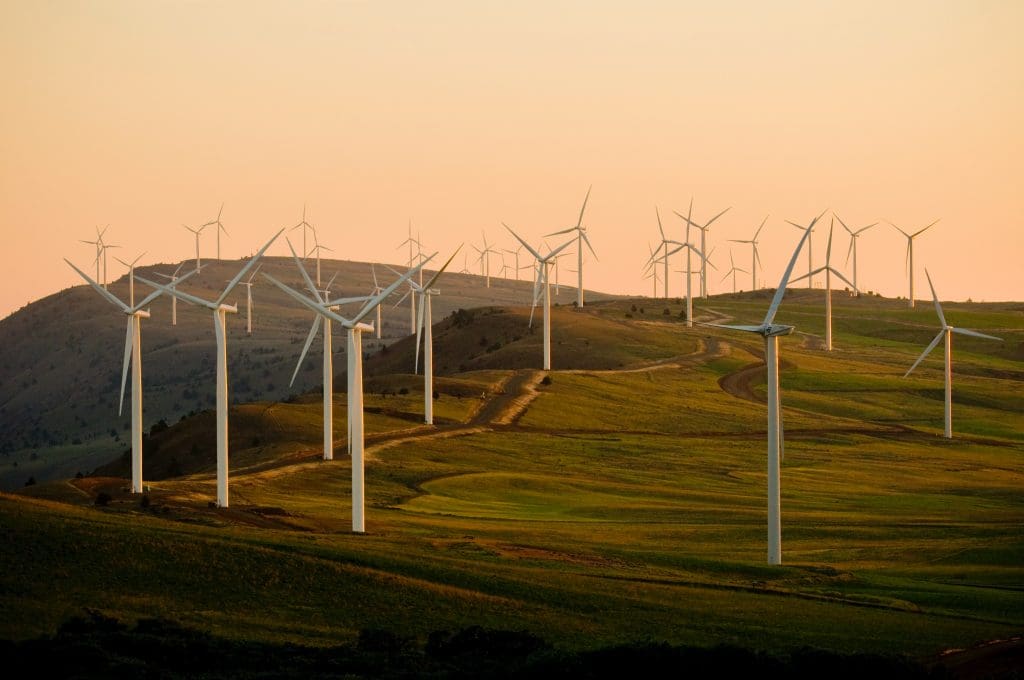The growth in renewable energy demand outpaced renewable energy supply in 2019, according to new statistics from the Association of Issuing Bodies (AIB).
“The European demand for renewable energy tracked and documented with Guarantees of Origin (GOs) grew at a brisk rate of 11.7% in 2019. This is up an estimated 61 TWh from 2018,” says Tom Lindberg, managing director in ECOHZ, a provider of renewable energy solutions.
“The growth in supply of renewable energy tracked and documented with GOs during the same period is estimated to only 3.5%, resulting in a significantly smaller surplus in 2019 than previous years. If the current development extends into 2020, the market will experience a rebalancing. This could have a direct impact on the pricing,” says Lindberg.
The annual growth (CAGR) the last 10 years is an impressive 15%.
Sweden, France and Germany drive a large share of the renewable energy demand growth in 2019
These three countries with GO growth figures of 38% in Sweden, 26% in France and 10% in Germany drive a large part of the renewable energy demand in Europe. Sweden’s demand makes a jump of 18 TWh and ends at an estimated 65 TWh in 2019. Germany defends its top position in the European renewable market by breaking “the 100 TWh mark” for the first time and is likely to surpass 110 TWh.
British influence from outside the AIB market
Despite that the UK is not an AIB member and has used its own Renewable Energy Guarantees Origin (REGO) for many years rather than GOs, the UK still has had a direct impact on the European market balance for GOs.
Firstly, the UK has allowed for import of EECS GOs (renewable power documented using the European standard EECS) for domestic consumption and usage. Demand for imported EECS GOs has grown year-by-year, mostly driven by the UK’s active renewable policy framework. Secondly, in 2019 we experienced a significant volume of exports of REGOs to the European market. “This export volume was still approximately 20% of the import volume, thus contributing to reducing the surplus in the European market,” says Lindberg.
French GO auctions drove GO prices down
The French government announced that they would introduce auctioning of GOs in 2019, which had a direct impact on prices in 2019. The auctioned volumes came from power plants that received support and have not been able to issue GOs earlier. The auctions thus provided a mechanism for increasing supply in the market, in a fairly short timeframe.
The market players priced in the expected volume increase from the start, clearly contributing to a downward price development throughout 2019.
Italy, Croatia and Luxembourg also have auctioning schemes, all with different business logic, deployment models and participant requirements.
It could have been expected that the auctioning schemes would have an even more profound effect on the total supply volumes and market balance. “It is therefore encouraging to see that demand is robust and the market is able to absorb this new supply,” says Lindberg.
An ever-improved market balance
The market was, a few years back, still dominated by a few large countries both on the supply and demand side. Germany has been the largest consuming market, but its share of the total supply has dropped every year. Norway supplied almost 60% of all EECS GOs 10-12 years ago – this share is now 20%. In 2019, three new European countries joined the AIB community, namely Serbia, Slovakia and Greece.
In 2020, Portugal and Montenegro are also set to join the AIB Community. This contributes to a broader, more diverse and more relevant marketplace for all.
A similar trend is also visible on the technology axis. “Although GOs from hydro still dominate the market, wind and solar continue to grow and jointly supplied 27% of the total volume in 2019,” states Lindberg.
What does 2020 have in store?
“If the growth trends from 2019 continue into 2020, the market would, with 3.5% growth in supply and 11.7% growth in demand, transform “from LONG to slightly SHORT”. This would likely have an impact on the price levels,” says Lindberg.
There are many issues that will influence the outcome, jointly or separately. The most important are:
- Whether or not Brexit will have an impact on the UK policy of import and export of GOs and REGOs
- The movement from annual reporting and disclosure in Holland and France
- The effect of the new AIB entries
- The corporate push to achieve their 2020 renewable targets
- The uncertain position of Switzerland in AIB being defined as 3rd country by EUs REDII
“Doing the math is, of course, easy but seldom good enough. The trend is still promising and may represent a turn towards a more healthy market in 2020,” says Lindberg.
Source: Smart Energy International









